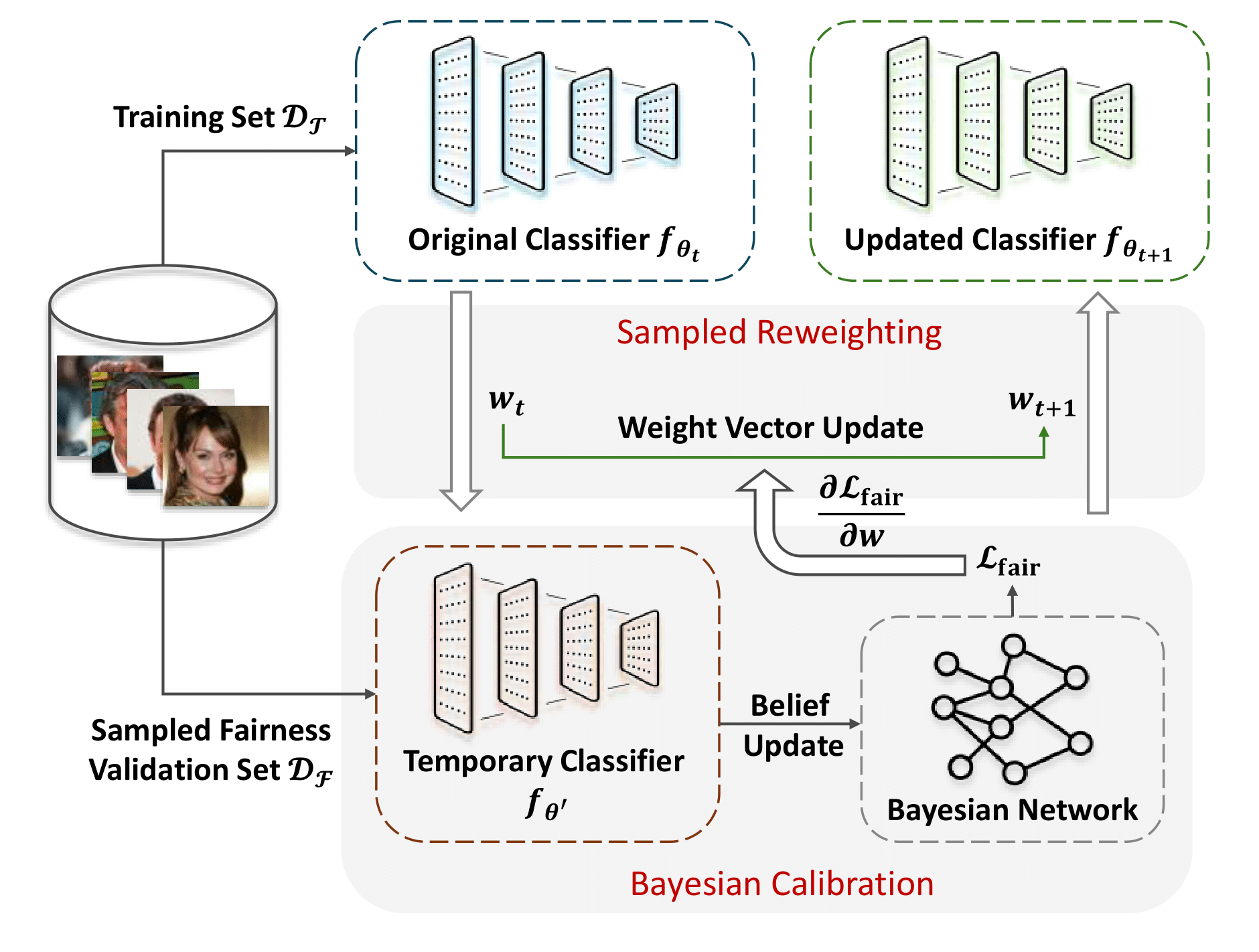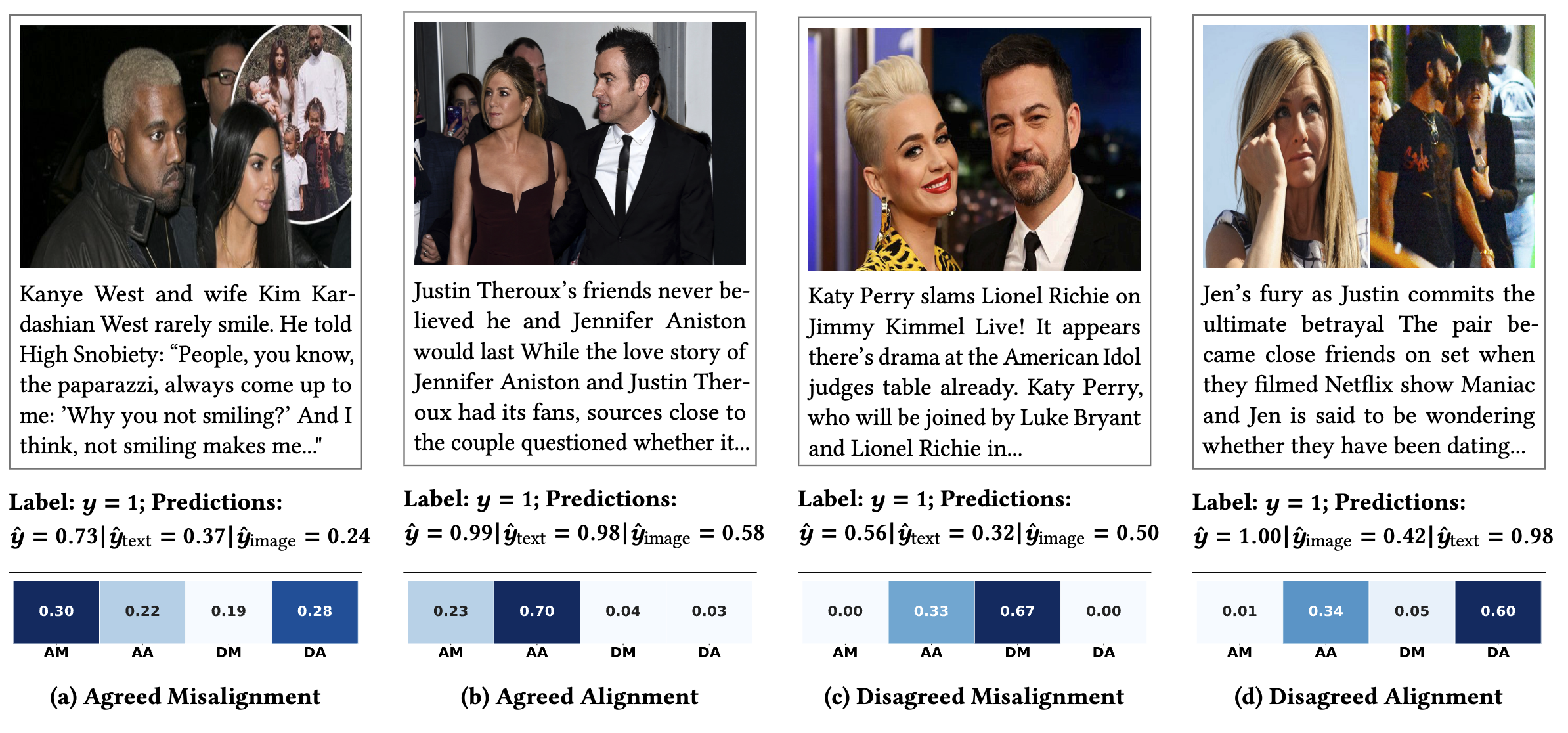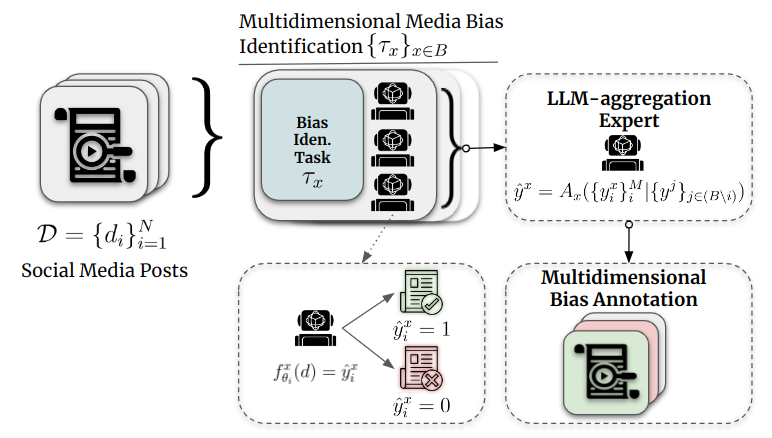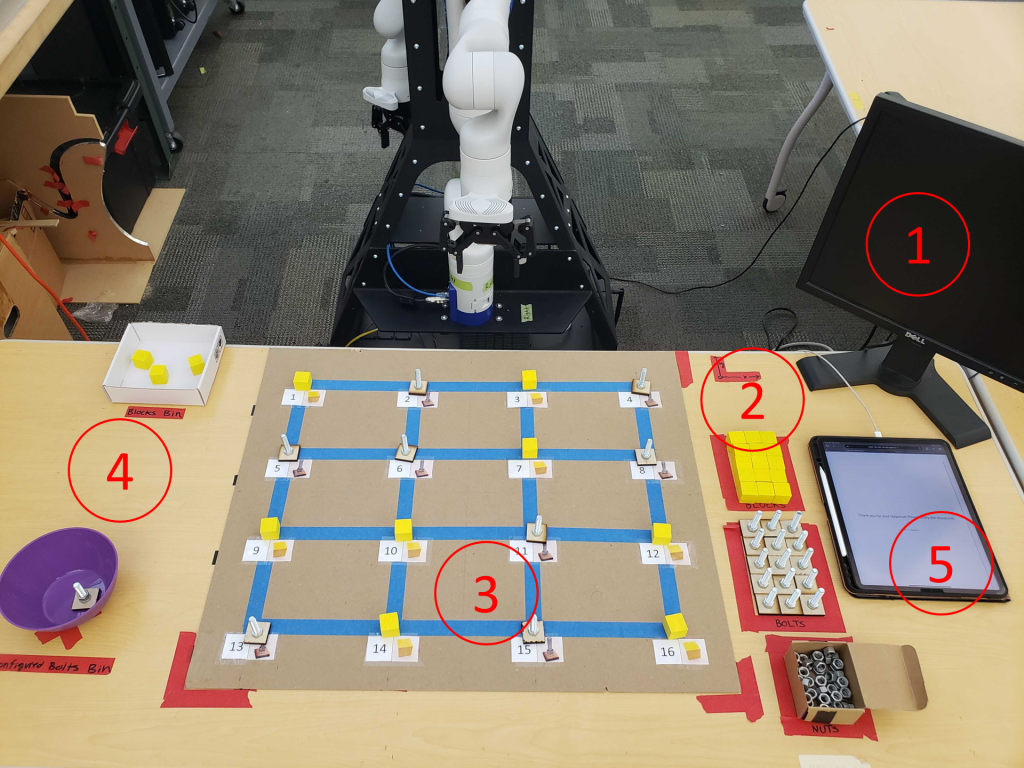2025

Component-Based Fairness in Face Attribute Classification with Bayesian Network-informed Meta Learning
Yifan Liu, Ruichen Yao, Yaokun Liu, Ruohan Zong, Zelin Li, Dong Wang
ACM Conference on Fairness, Accountability, and Transparency 2025
In this paper, we focus on face component fairness, a fairness notion defined by biological face features. We propose \textbf{B}ayesian \textbf{N}etwork-informed \textbf{M}eta \textbf{R}eweighting (BNMR), which incorporates a Bayesian Network calibrator to guide an adaptive meta-learning-based sample reweighting process.
Component-Based Fairness in Face Attribute Classification with Bayesian Network-informed Meta Learning
Yifan Liu, Ruichen Yao, Yaokun Liu, Ruohan Zong, Zelin Li, Dong Wang
ACM Conference on Fairness, Accountability, and Transparency 2025
In this paper, we focus on face component fairness, a fairness notion defined by biological face features. We propose \textbf{B}ayesian \textbf{N}etwork-informed \textbf{M}eta \textbf{R}eweighting (BNMR), which incorporates a Bayesian Network calibrator to guide an adaptive meta-learning-based sample reweighting process.

Modality Interactive Mixture-of-Experts for Fake News Detection
Yifan Liu, Yaokun Liu, Zelin Li, Ruichen Yao, Yang Zhang, Dong Wang
The Web Conference 2025
The inherent complexity of modality interactions—where text and images may complement, contradict, or independently contribute to the veracity of a social media post—presents a significant challenge for effective multimodal fusion in FND. To address these challenges, we introduce \textbf{M}odality \textbf{I}nteractive \textbf{M}ixture-\textbf{o}f-\textbf{E}xperts for \textbf{F}ake \textbf{N}ews \textbf{D}etection (MIMoE-FND), a novel hierarchical MoE framework designed to enhance multimodal fake news detection by explicitly modeling modality interactions through an interaction gating mechanism. Our approach captures modality interactions by considering both unimodal prediction agreement and semantic alignment.
Modality Interactive Mixture-of-Experts for Fake News Detection
Yifan Liu, Yaokun Liu, Zelin Li, Ruichen Yao, Yang Zhang, Dong Wang
The Web Conference 2025
The inherent complexity of modality interactions—where text and images may complement, contradict, or independently contribute to the veracity of a social media post—presents a significant challenge for effective multimodal fusion in FND. To address these challenges, we introduce \textbf{M}odality \textbf{I}nteractive \textbf{M}ixture-\textbf{o}f-\textbf{E}xperts for \textbf{F}ake \textbf{N}ews \textbf{D}etection (MIMoE-FND), a novel hierarchical MoE framework designed to enhance multimodal fake news detection by explicitly modeling modality interactions through an interaction gating mechanism. Our approach captures modality interactions by considering both unimodal prediction agreement and semantic alignment.
2024

Intertwined Biases Across Social Media Spheres: Unpacking Correlations in Media Bias Dimensions
Yifan Liu, Yike Li, Dong Wang
The 16th International Conference on Advances in Social Networks Analysis and Mining (ASONAM) 2024
We introduce a novel dataset collected from YouTube and Reddit over the past five years containing automated annotations for YouTube content across a broad spectrum of bias dimensions, such as gender, racial, and political biases, as well as hate speech, among others. And we analyze the intertwined correlations among the bias dimensions.
Intertwined Biases Across Social Media Spheres: Unpacking Correlations in Media Bias Dimensions
Yifan Liu, Yike Li, Dong Wang
The 16th International Conference on Advances in Social Networks Analysis and Mining (ASONAM) 2024
We introduce a novel dataset collected from YouTube and Reddit over the past five years containing automated annotations for YouTube content across a broad spectrum of bias dimensions, such as gender, racial, and political biases, as well as hate speech, among others. And we analyze the intertwined correlations among the bias dimensions.
2023

The Effects of Robot Motion on Comfort Dynamics of Novice Users in Close-Proximity Human-Robot Interaction
Pierce Howell, Jack Kolb*, Yifan Liu*, Harish Ravichandar (* equal contribution)
IEEE/RSJ International Conference on Intelligent Robots and Systems (IROS) 2023
We explore how novice \textit{first-time} robot users get habituated to robots and how robot motion impacts the \textit{dynamics} of comfort over repeated interactions. To take the first step towards such understanding, we carry out a user study to investigate the connections between robot motion and user comfort and habituation. Our analyses reveal that workspace overlap, in contrast to speed and legibility, has a significant impact on users' perceived comfort and habituation.
The Effects of Robot Motion on Comfort Dynamics of Novice Users in Close-Proximity Human-Robot Interaction
Pierce Howell, Jack Kolb*, Yifan Liu*, Harish Ravichandar (* equal contribution)
IEEE/RSJ International Conference on Intelligent Robots and Systems (IROS) 2023
We explore how novice \textit{first-time} robot users get habituated to robots and how robot motion impacts the \textit{dynamics} of comfort over repeated interactions. To take the first step towards such understanding, we carry out a user study to investigate the connections between robot motion and user comfort and habituation. Our analyses reveal that workspace overlap, in contrast to speed and legibility, has a significant impact on users' perceived comfort and habituation.